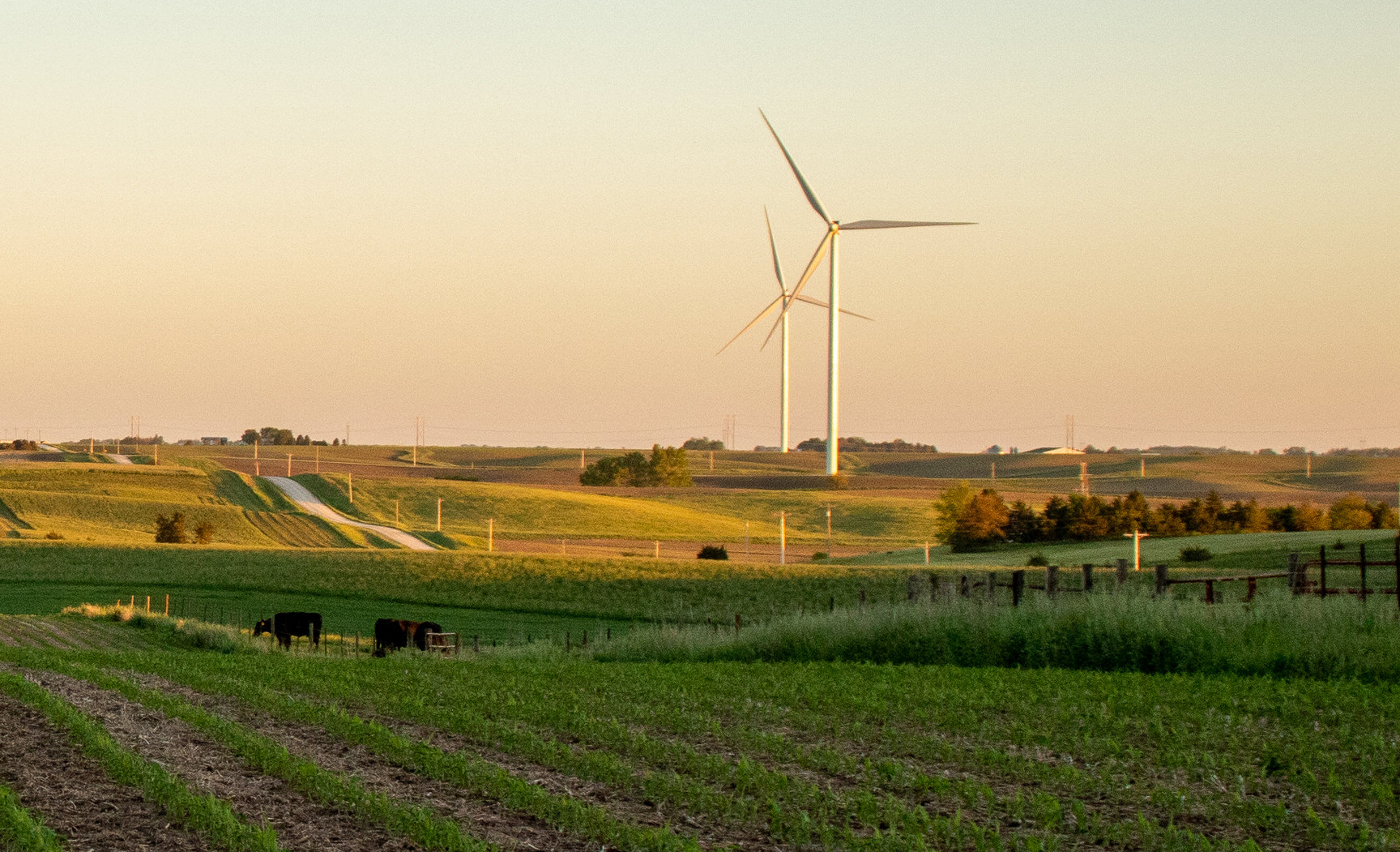
Earlier this month, California made history by enacting the first carbon disclosure laws in the United States. On October 7, 2023, Governor Gavin Newsom signed both the Climate Corporate Data Accountability Act and the Climate-Related Financial Risk Act.
Despite being state regulations, these new laws will impact farmers and ranchers as well as food and ag companies nationwide. The laws’ requirements affect all large public and private companies doing business in California. With the size and diversity of California’s economy, the laws are estimated to impact over 5,000 entities – and their contractors and suppliers.
Mandatory climate and emission reporting begin in 2026 and 2027 – giving those impacted time to understand the requirements and their implications for their business.
The Climate Corporate Data Accountability Act
Also known as SB253, this new law requires companies doing business in California with over $1 billion in revenue to report corporate greenhouse gas emissions to the California Air Resources Board (CARB).
Of note, starting in 2027, companies must publicly report Scope 3 emissions. Scope 3 refers to indirect upstream and downstream GHG emissions that are produced within a company’s value chain. For both producers and companies, this mostly takes the form of purchased goods and services, all the way down to the farm.
All reporting must conform to the Greenhouse Gas Protocol standards and guidance. Additionally, companies must include a review by an independent third-party assurance provider.
The Climate-Related Financial Risks Act
Also known as SB 261, this accompanying law requires companies with at least $500 million in revenue that do business in California to report on their climate-related financial risks. Risk reports must be submitted to CARB starting in 2026 and must occur on a biennial basis thereafter.
Key Takeaways
Given how much of the United States economy moves through California, these two laws will heavily impact US food and agriculture, putting these industries in the spotlight with new requirements and opportunities.
For Farmers
In the short term, farmers operating in the US should not be affected by these regulations on a day-to-day basis. Both laws require Scope 3 reporting in aggregate. Individual, operation-specific carbon intensity scores would not be disclosed. In addition, errors in reporting will not be penalized, given the uncertainties associated with Scope 3 emissions. Lastly, all standards and guidance documents required by these regulations allow for estimation.
In the long term, however, farmers may notice two major changes:
> Data Gathering: Producers who participate in carbon or regenerative agriculture programs may be asked for more data and opportunities to verify practices to create a more accurate picture of farm-level emissions and impacts. Review all program contracts carefully when presented with an opportunity to earn income for generating insets or offsets of any kind to understand these requirements.
> Potential for More Opportunities: Both regulations will result in national attention on farm-level carbon footprints. As such, downstream companies could bring more opportunities to producers to generate revenue from insets and offsets. Farmers should work with advisors familiar with these programs and requirements to set goals, create improvement plans, and evaluate all options available to them.
For Food & Ag Companies
Implications for food and ag companies are much more direct. To help set up your company for success, here are three key considerations to prepare for the reporting requirements:
> Create a plan for measurement, monitoring, and verification: Evaluate options for estimating and monitoring Scope 3 emissions at the farm level. A number of models exist out there, and each has different strengths and weaknesses. A plan should be put in place to monitor emissions on an annual basis.
> Evaluate hotspots and opportunities: As Scope 3 reporting becomes routine, so too will the need to show progress. Companies can plan progress now by identifying the landscapes with the greatest emissions and the greatest opportunities for reductions and removals.
> Implement pilots: The next 3 years create a strategic runway for companies to begin testing scalable approaches to decarbonization, so that they can be activated at the landscape level when reporting is required.
Read More:
About the Author
ZACH PINTO
Director of Carbon & Ecosystem Service Markets
Zach promotes company strategy and client success by assisting industry groups, food and ag companies, and farmers on their sustainability goals. Zach has worked on carbon issues for stakeholders across the agriculture value chain and in a wide array of commodities, developing expertise in farm-level carbon accounting, MRV platform usage, voluntary and compliance market schemes, science-based targets, ESG reporting, and strategic planning.
 Visit the SustainAg Network
Visit the SustainAg Network